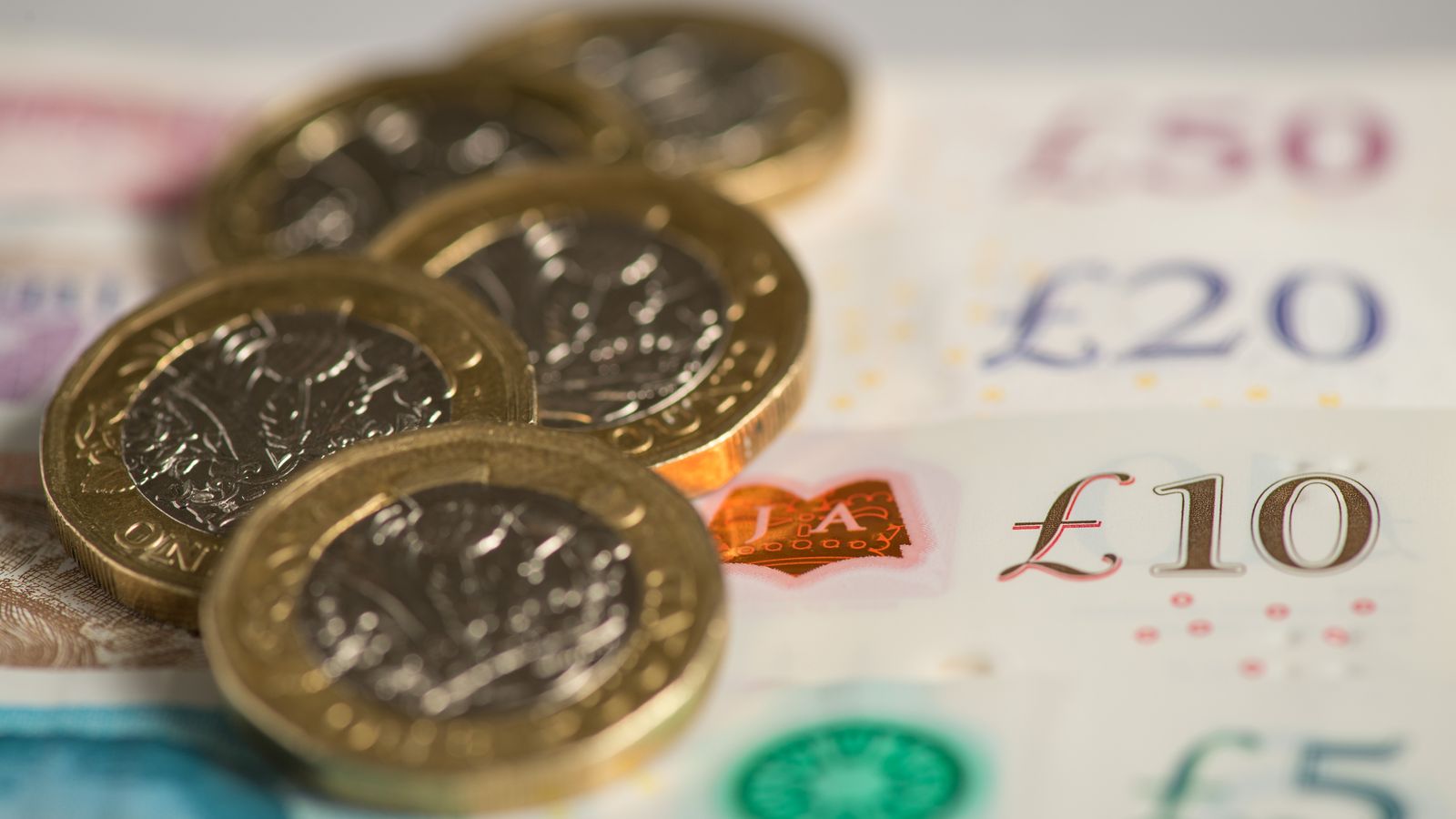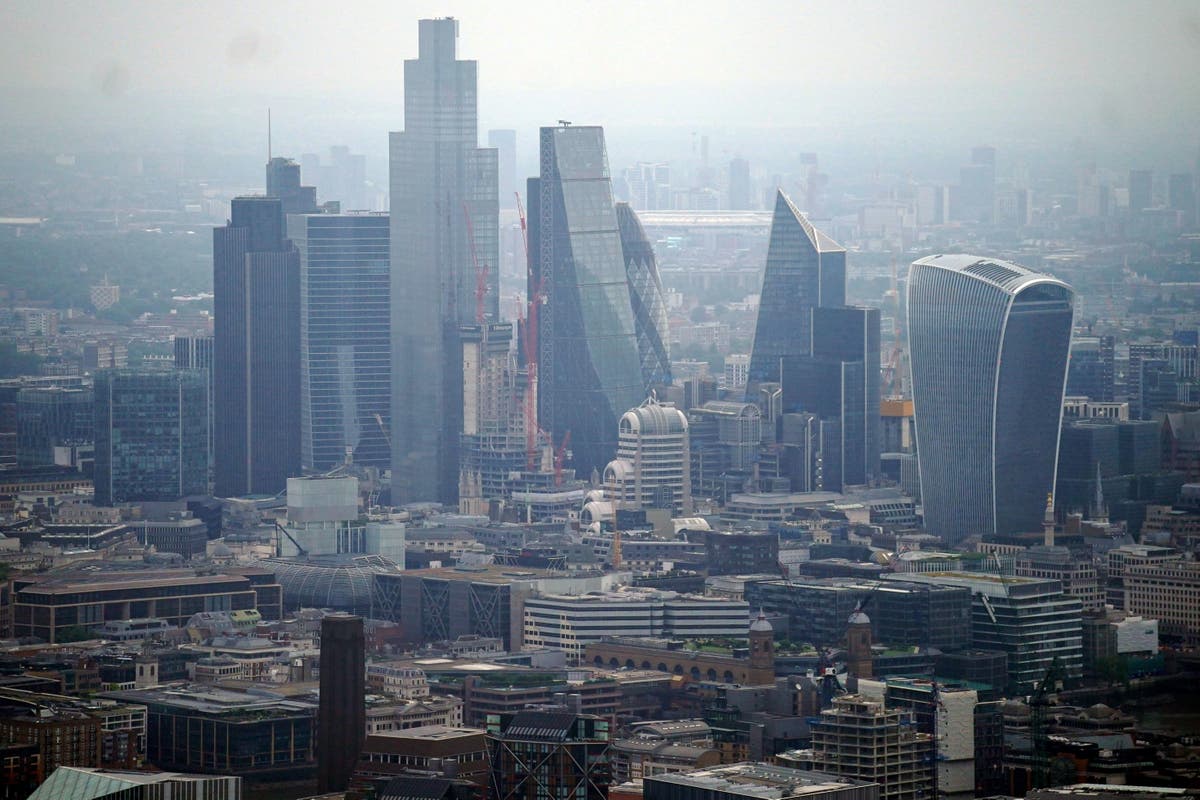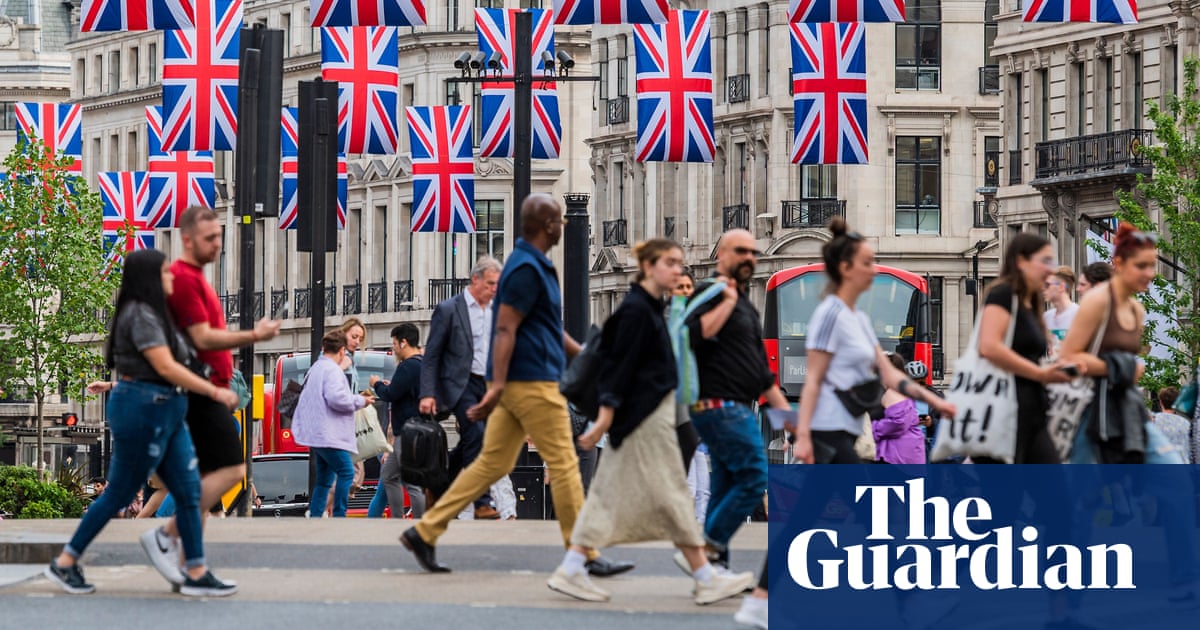Official figures released by the Office for National Statistics (ONS) reveal that the UK has exited recession, registering a 0.6% growth in GDP during the first quarter of 2024. This growth exceeding economists’ expectations of 0.4%, is the strongest quarterly performance since the conclusion of 2021. This is a turnaround from the mild recession experienced in the latter half of 2023.

Also Read: Turkey’s Inflation Surges to Nearly 70% in April, Highest Since 2022
Factors such as elevated interest rates and residual effects of last year’s inflation surge continue to exert pressure on disposable incomes, limiting the potential for robust expansion.
The Bank of England maintaining its interest rates at 5.25% hinted at the possibility of rate cuts starting from June.
Chancellor Jeremy Hunt welcomed the growth figures as evidence of the economy’s resurgence from the challenges posed by the pandemic and economic disruptions.
He addressed positive indicators such as wages outpacing inflation, declining energy prices, and tax cuts benefiting the average worker.
Hunt’s optimism is tempered by the recognition that the UK’s growth trajectory lags behind its European counterparts, with the Organisation for Economic Co-operation and Development (OECD) projecting the UK to be the weakest performer among G7 nations in the coming year.
Shadow Chancellor Rachel Reeves offered a more cautious assessment characterizing the transition from no growth to low growth as indicative of economic challenges.
She addressed that despite the emergence from recession, the economy remains below its pre-pandemic levels with real incomes still trailing behind.
She addressed that the economy still lags behind pre-pandemic levels, with per-person GDP remaining £300 lower than when Rishi Sunak assumed office.
The UK services sector encompassing areas such as retail, public transport, and healthcare, experienced growth, buoyed by rising consumer spending and business investment.
Construction activity declined primarily attributed to a downturn in housebuilding. Manufacturing exhibited signs of recovery particularly in the automotive industry, while textile production faced continued challenges with a sixth consecutive quarter of decline.
The revival in GDP per head albeit modest at 0.4%, following seven quarters of stagnation. Adjusting for population growth, the ONS estimates a 0.7% decrease compared to the same period a year ago.
Also Read: Disney and Warner Bros. Discovery Announce Disney+, Hulu, Max Streaming Bundle
Ruth Gregory of Capital Economics acknowledges the resilience demonstrated in the first-quarter GDP growth but anticipates challenges.
The primary driver of this growth was the resurgence in the services sector which experienced activity since the beginning of the year.
This increase in service sector activity particularly noticeable in retail, public transport, and healthcare industries, has been attributed to wage growth outpacing inflation.
Forecasters remain cautious about the pace of economic recovery for the remainder of the year. The Bank of England projects a modest growth rate of 0.5% for the entirety of 2024.
Chancellor Jeremy Hunt expressed optimism about the nation’s economic outlook highlighting the UK’s comparative advantage within the European G7 group.
He pointed to accelerated wage growth, falling energy prices, and tax cuts as contributing factors to the improving economy.
The Organisation for Economic Co-operation and Development (OECD) forecasted that the UK would be the worst-performing economy among G7 nations next year.
While the services sector experienced robust growth particularly in transport and healthcare, the construction industry witnessed a decline primarily due to reduced housebuilding activity.
On the manufacturing front, car production rebounded, albeit with a decline in textile factory output.
Energy production showed signs of improvement, yet activities associated with water companies experienced a decline. The construction sector remains weak.
Looking at GDP per capita the ONS estimates a modest increase of 0.4% in the first quarter of 2024, ending seven consecutive quarters of stagnant growth.
When adjusted for population growth, GDP per head remains 0.7% lower compared to the same period last year.
Also Read: Jack Dorsey Steps Down from Bluesky Board
























